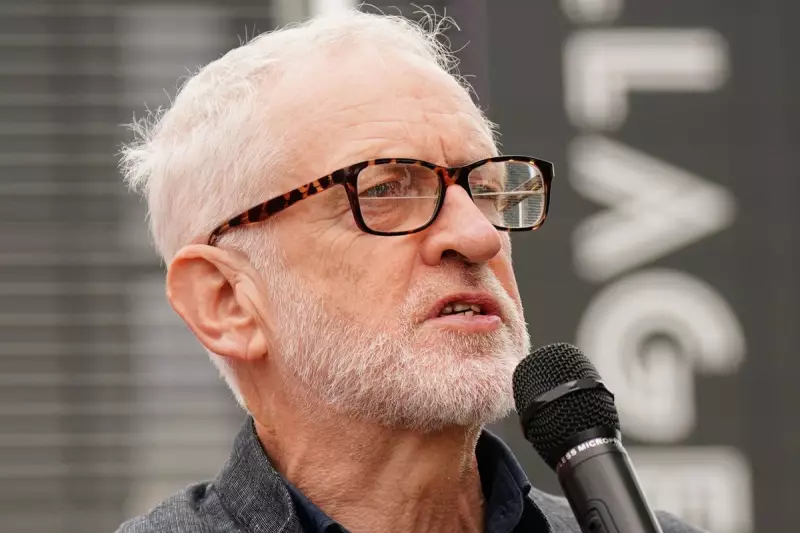
In a powerful address that has reignited the debate on UK foreign policy, former Scottish First Minister Nicola Sturgeon has issued a direct challenge to the Westminster government. Speaking at an event in Edinburgh, the SNP stalwart demanded the immediate and official recognition of a Palestinian state by the United Kingdom.
The speech, delivered on Tuesday, placed significant pressure on both the incumbent Conservative government and the Labour opposition. Sturgeon did not mince words, accusing current ministers of being "on the wrong side of history" for their continued refusal to grant recognition.
A Call for Moral Leadership
Sturgeon's argument centred on the notion of moral responsibility and international law. She framed the recognition of Palestine not merely as a diplomatic gesture, but as a crucial step towards a viable two-state solution and a tangible demonstration of support for the Palestinian right to self-determination.
Her critique extended beyond the Conservatives, taking aim at the Labour Party's perceived ambiguity on the issue. She publicly urged Labour leader Sir Keir Starmer to unequivocally commit to recognition should his party form the next government, framing it as a fundamental test of principle.
The Scottish Government's Stance
The former First Minister's comments underscore the deep and ongoing divergence in foreign policy perspective between the Scottish and UK governments. The SNP has long advocated for a more pro-active and pro-Palestinian stance, a position that often puts it at odds with the Foreign Office in London.
This latest intervention highlights how devolved administrations continue to seek influence on the international stage, particularly on issues where they feel UK policy is lacking in moral clarity or progressive values.
The UK government's official position remains one of supporting Palestinian statehood as part of a negotiated peace process, stopping short of unilateral recognition. Sturgeon’s speech signals that this stance will face increasing pressure from political figures and parties who believe the ongoing conflict in Gaza necessitates a more decisive move.





